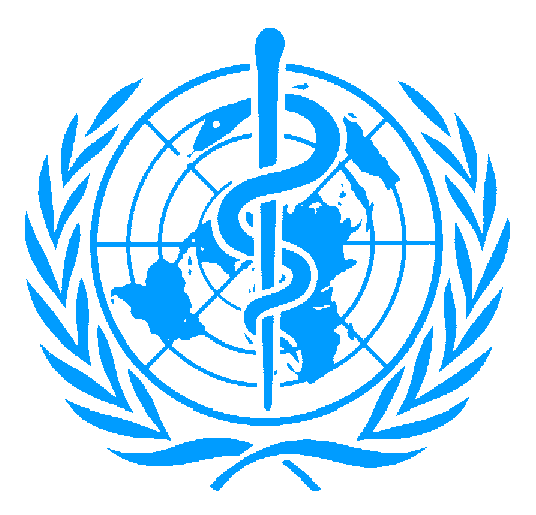The World Health Organization is set on drawing attention to the ways in which tobacco growth, production and consumption impact human development.
At present, much of what is known about the risks of tobacco concerns the direct impact, in terms of morbidity and mortality, of first-hand and second-hand smoke on people’s health, the WHO says in the executive summary of its new report, Tobacco and its impact: an overview.
‘What we have yet to do as a public health community is draw attention to the myriad other ways in which tobacco growth, production and consumption impact human development,’ the summary said.
‘Understanding the environmental impact of tobacco is important for several reasons. These include the fact that it allows us to gauge some of the risks caused by tobacco production which are currently excluded from estimates of tobacco mortality (such as poor air quality and pesticide use), and its impact more broadly on development – including economic stability, food security, and gender equality.
‘The Sustainable Development Goals show that health cannot be considered in isolation from a host of other factors, of which the environment is one.
‘Recognizing the harmful impact of tobacco in terms of indoor pollution and on biodiversity turns tobacco from an issue of individual well-being to one of global well-being.
‘It also means that tobacco can no longer be categorized simply as a health threat – it is a threat to human development as a whole.
‘This issue requires a whole-of-government and whole-of-society approach and engagement.’
The summary said the overview assembled existing evidence on the ways in which tobacco affected human well-being from an environmental perspective – i.e. the indirect social and economic damage caused by the cultivation, production, distribution, consumption, and waste generated by tobacco products.
‘It uses a life cycle analysis to track tobacco use across the full process of cultivation, production and consumption: from cradle to grave – or perhaps more appropriately, to the many graves of its users,’ the summary said.
‘In doing so it draws attention to gaps in the scientific evidence – particularly where the only data available are those currently self-reported by the tobacco companies themselves – and indicates where objective research could hold the greatest benefits to improving understanding of the relationship between tobacco and the environment.
‘Its purpose is to mobilize governments, policymakers, researchers and the global community, including relevant UN agencies, to address some of the challenges identified, and to amplify advocacy efforts beyond health by showing how deep the roots of tobacco really extend.’











